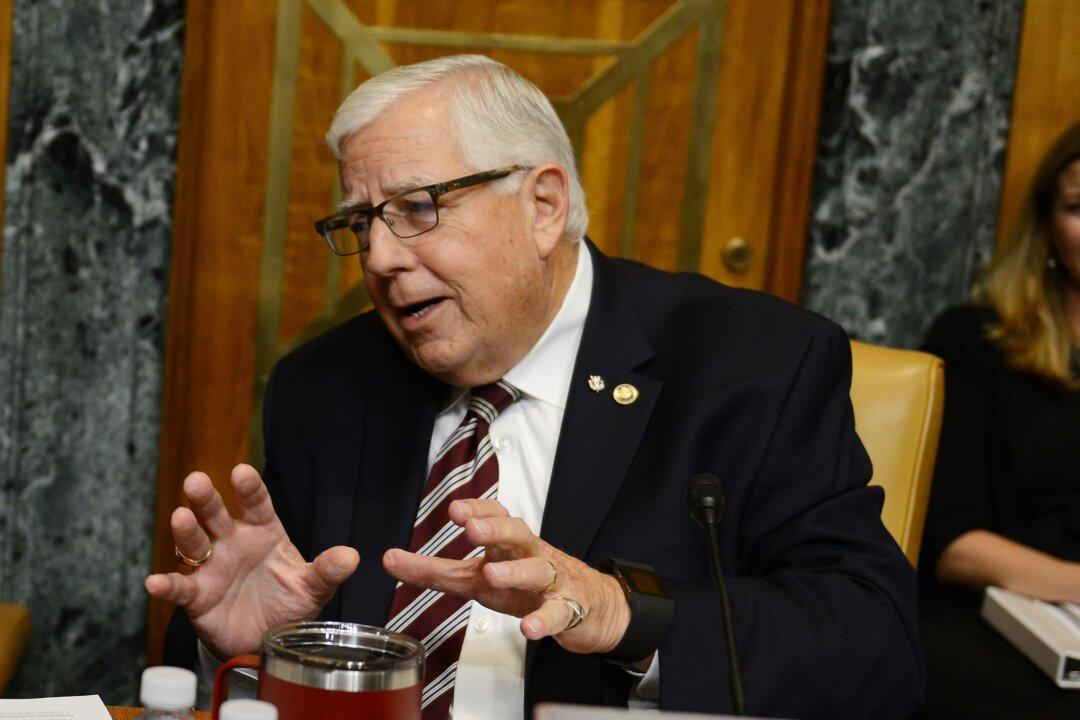Senate Budget Committee Chairman Mike Enzi (R-Wyo.) and committee member Sen. Sheldon Whitehouse (D-R.I.) introduced the “Bipartisan Congressional Budget Reform Act” to provide “a more orderly, deliberative budget process focused on long-term fiscal planning.”
Enzi and Whitehouse added in a statement announcing their proposal that they believe “it would end the brinksmanship surrounding the debt limit and encourage bipartisan collaboration in tackling our growing debt and deficits.”





